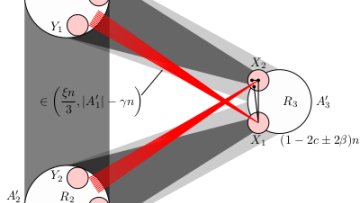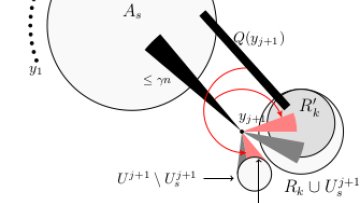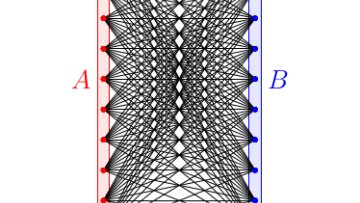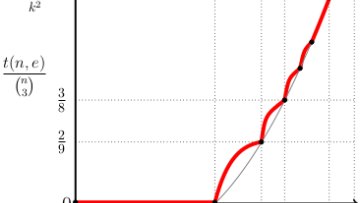Large Deviations for McKean Vlasov Equations and Importance Sampling
Abstract
We discuss two Freidlin-Wentzell large deviation principles for McKean-Vlasov equations (MV-SDEs) in certain path space topologies. The equations have a drift of polynomial growth and an existence/uniqueness result is provided. We apply the Monte-Carlo methods for evaluating expectations of functionals of solutions to MV-SDE with drifts of super-linear growth. We assume that the MV-SDE is approximated in the standard manner by means of an interacting particle system and propose two importance sampling (IS) techniques to reduce the variance of the resulting Monte Carlo estimator. In the "complete measure change" approach, the IS measure change is applied simultaneously in the coefficients and in the expectation to be evaluated. In the "decoupling" approach we first estimate the law of the solution in a first set of simulations without measure change and then perform a second set of simulations under the importance sampling measure using the approximate solution law computed in the first step.





